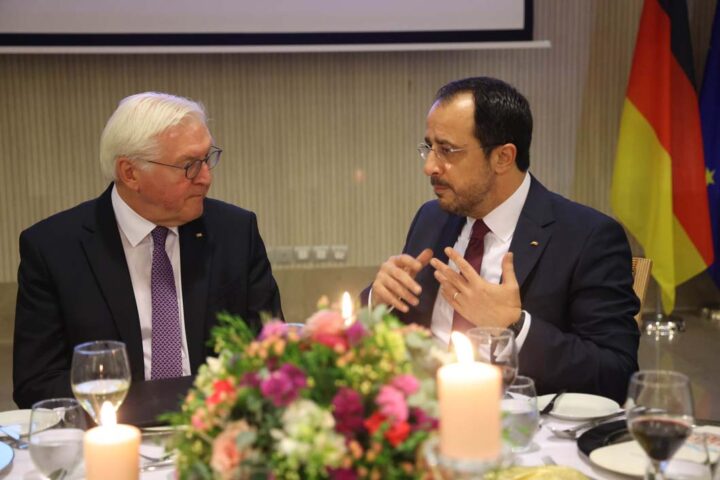After a long wait, the ambitious EastMed pipeline, aimed at pumping natural gas from the region’s recently discovered reservoirs, is taking shape with three leaders of the four partner states signing the interstate agreement to build the pipeline from Israel to Cyprus via Greece to Italy.
This pipeline will be an alternative to the Russian-dominated or influenced supplies, ensuring that at least 10% of the EU’s energy needs will be pumped from friendly nations.
But the subsea route, one of the longest of its kind in the world, will make it less cost-beneficial than an overland path, leaving the project in need of grants from Brussels, that will have to balance the cost to the consumer against the value of the security of supply.
It is clear that although western European states, such as Germany, are at present happy to buy cheap natural gas from Russia, the strings attached, of Moscow having the leverage to open and close the tap as it likes, based on political and regional whims, is something that even Germans are not too happy about.
Then again, the rapid pace of switching to renewable energy sources (RES), does not necessarily mean that everything will be autonomously powered and rely less on hydrocarbons, although markets and consumers are pressing for an earlier abandonment of coal and other emission-heavy fuels for power generation.
This means that natural gas will remain in play for quite some time, and as consumers turn to cleaner modes of transport, more electricity will need to be generated from the already heavily overburdened European grid.
New electricity interconnections, such as the Nemo Link (Belgium-UK), the Celtic Interconnector (France-Ireland) and the EuroAsia Interconnector (Israel-Cyprus-Greece), are key to this cleaner and greener future that Ursula von der Leyen’s Commission wants to push through, in the long term lowering the cost to the consumer and subsequently, drastically improving the quality of life of all EU citizens.
President Anastasiades made his first fundamental statement in Athens on the use and future benefits of the natgas finds off Cyprus, clearly stating that both communities will gain from these discoveries and their transport to European or other buyers.
He even rightly clarified, albeit with great delay, that the Turkish Cypriots could share these earnings even before a solution to the island’s long-standing division, as long as Turkey behaved and took a step back from its provocative actions in the eastern Mediterranean.
Israel’s PM Netanyahu also made a peace offering saying that the EastMed should not be seen as a threat to anyone, especially Turkey, while Ankara still wants to have its fingers in the cookie jar claiming that an overland route for the pipeline (over Turkey of course), would be less costly.
This alliance must be maintained, and European partners should show genuine solidarity in backing the pipeline at all cost, as it will benefit EU citizens as natgas finds from the area cannot be used against it.
Greece, on the other hand, whose PM Mitsotakis wants to appear as the champion of economic reform and his nation’s recovery, said the project will transform his country into a regional energy hub, earning revenues from transportation rights and many other benefits.
If he is truly genuine about his intentions and the role, he sees Greece playing way past the lifetime of his present-day electorate, he should also clearly state if he is supporting the development of the EuroAsia electricity interconnector.
A project he initially embraced when in opposition, but quickly abandoned and undermined, as soon as he got into power.
The combination of natgas and electricity supplies from resource-rich fields of the eastern Mediterranean will have tremendous benefits to all partner nations. As long as they value it and act in unison.










